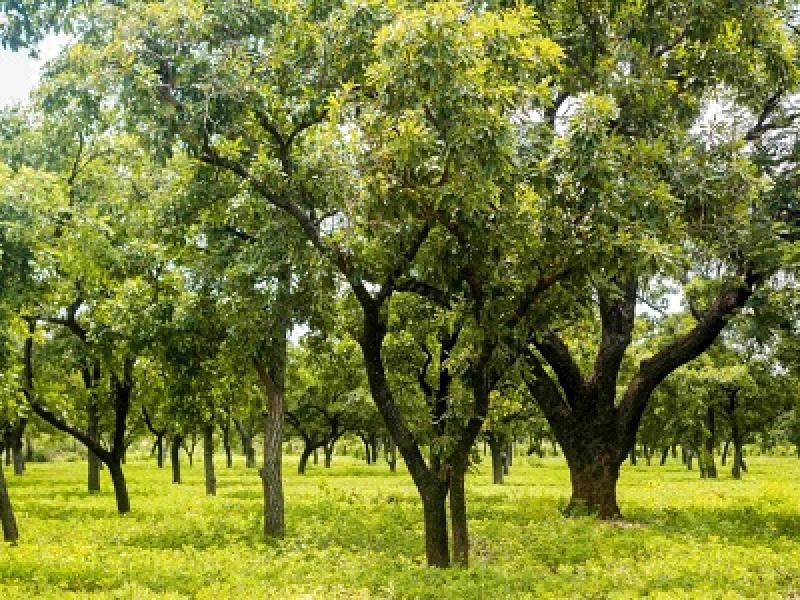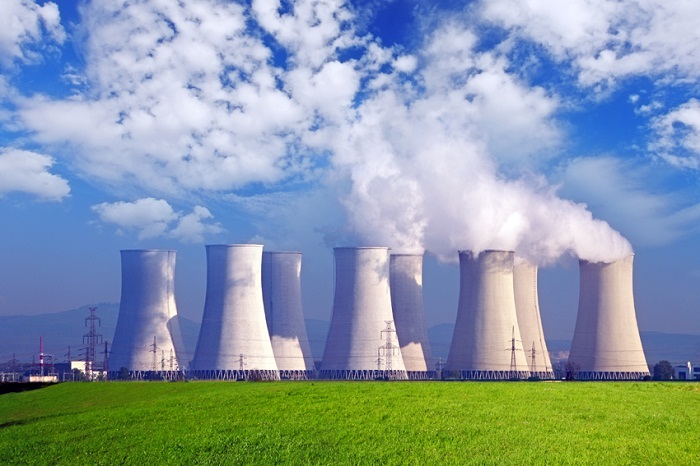In February, the National Bureau of Statistics announced that Nigeria successfully exited recession at the end of 2020, going against global trends.
Now the International Monetary Fund (IMF) has revised its previous growth forecast for the Nigerian economy in 2021, from 1% to 2.5% in its latest World Economic Outlook. So, are these indications that the “Bouncing Back” unveiled by President Muhammadu Buhari last September is already starting to bear fruit in spite of falling export prices and the continued pandemic?
The “Bounce Back” plan, which has been championed by President Buhari and a specially established Economic Sustainability Committee, prioritises agriculture and infrastructure and aims to place long-term job creation at the heart of stimulus spending.
By increasing the acreage of available farmland, and guaranteeing the off-take of produce, the agricultural programme has the potential to create up to 5 million jobs. Expansion in the agricultural sector has already contributed 3.4% to the overall growth of GDP.
Infrastructure spending will also form the bedrock of continued growth, and has been a core pillar of the Government’s economic plan throughout the current term. February saw the creation of a new public-private partnership, Infra-Co, to fund public asset development, reconstruction and road, rail and power projects.
Under Buhari’s leadership, significant projects across the agricultural and oil and gas sectors have been initiated and have boosted employment locally. Projects like the National Centre for Women’s Development scheme to launch the Liquified Petroleum Gas (LPG) Project which aims to improve women’s livelihoods and pull millions of households out of poverty all within the next three years. A door-to-door campaign is underway in eleven states to train women in the benefits of using LPGA as an element in achieving Nigeria’s 2023 sustainable energy targets.
Nigeria has long understood the need to diversify its economy and opportunities are being seized to transition the country’s energy mix and to take a leading role regionally. For example, Nigeria was the first African nation to issue a sovereign green bond, demonstrating the leaderships’ understanding of the need to go beyond policy promises and directly fund the country’s energy transition.
According to the Director-General of the World Bank, the former Nigerian Finance Minister Ngozi Okonjo-Iweala now is the time for Nigeria to shift from fossil fuels to renewable energies. In discussions with President Buhari, she said that Nigeria had a unique opportunity to improve its standing in trade and add value to its products, especially in the agricultural sector which is a major beneficiary of the President’s post-covid “Bounce Back” initiative.
For this type of investment to be impactful and sustained, potential investors must have confidence that their funds will not be misspent, and that corruption is being tackled effectively. This has been a significant priority and success is evidenced by Nigeria’s rapid rise up the World Bank’s ease of doing business rankings. The UK has also recently exempted Nigeria from its list of high-risk countries for money laundering, signalling confidence in the Nigerian financial system.
Increasing investor confidence, as well as continued Government support, will be crucial to ensuring Nigeria can maintain – and build on – these recent positive growth statistics, in the challenging context of the post-COVID global economic recovery.


